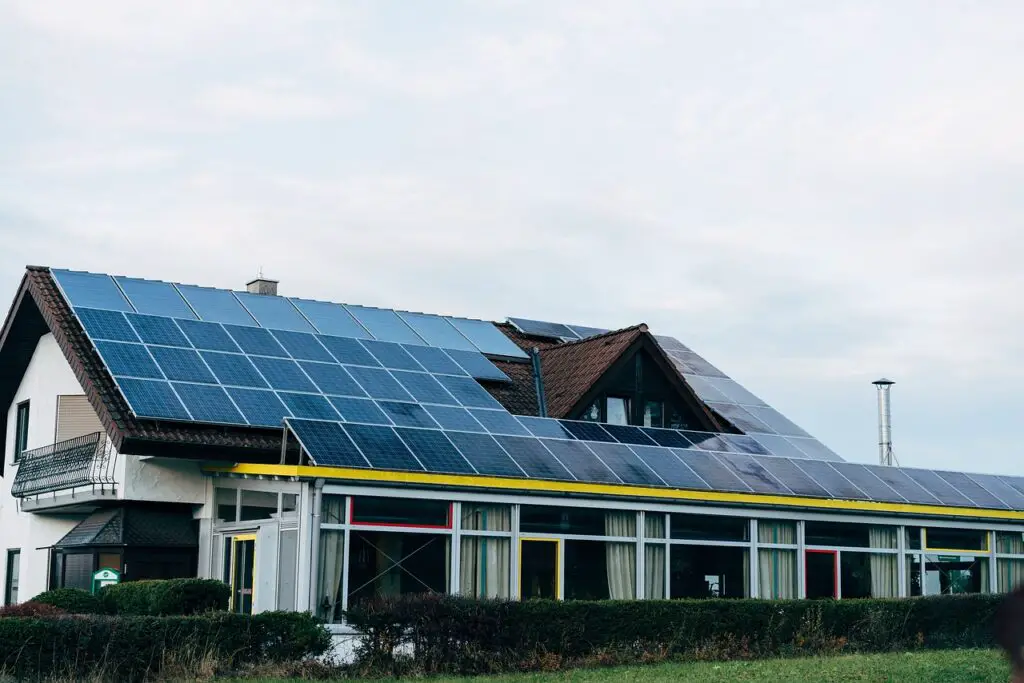In an era where technology and sustainability are two of the most pivotal forces shaping our world, the convergence of these domains is inevitable and essential. The digital world, which we rely heavily on for communication, entertainment, and business, consumes significant energy. As our dependence on technology grows, so does the need for sustainable energy sources. This is where solar energy, a beacon of renewable power, steps in to bridge the gap. Solar energy is increasingly becoming a key player in powering our digital world with its vast potential and environmental friendliness.
Solar Energy: The Game-Changer for Tech Sustainability
Austra Solar Power and similar initiatives worldwide are a testament to the increasing role of solar energy in our tech-driven lives. This shift is not just a trend but a fundamental change in how we view and use energy in technology. From powering data centers to charging our smartphones, solar energy is at the forefront of a sustainable tech revolution, heralding a new era of eco-conscious computing and gadgetry.
image Source:- https://pixabay.com/photos/renewable-roof-energy-solar-6811970/
In data centers, the implementation of solar power is revolutionizing how we store and process information. These centers, critical for cloud computing, online services, and the vast data needs of modern society, are traditionally energy-intensive. Integrating solar energy in these facilities is a bold step towards reducing their carbon footprint, significantly lowering the environmental impact of our digital activities.
On the consumer front, the adoption of solar energy is equally impressive. We are witnessing a surge in solar-powered consumer electronics, from smartphones and laptops to wearable tech. This reduces the reliance on grid electricity and empowers consumers to use technology more sustainably, particularly in regions with limited access to conventional power sources.
The Role of Solar Energy in Data Centers
Data centers, the backbone of our digital world, are notorious for their high energy consumption. They require massive amounts of power not only to run servers but also to cool these systems. Traditionally powered by fossil fuels, these centers contribute significantly to carbon emissions. However, with the integration of solar power, the scenario is changing.
Companies are now investing in solar farms and rooftop solar panels to power these data centers. This shift reduces carbon footprints and ensures a more reliable and cost-effective power supply. For example, a leading tech giant recently announced its plans to power one of its data centers entirely with solar energy, marking a significant step towards sustainable technology.
Solar-Powered Gadgets and Consumer Electronics
The impact of solar energy is wider than large-scale operations. It has trickled down to consumer electronics as well. Solar-powered gadgets are becoming increasingly popular, offering an eco-friendly alternative to traditional power sources. These devices are paving the way for a greener tech ecosystem, from solar-powered chargers and power banks to solar-powered smartwatches.
Moreover, solar technology is evolving to become more efficient and aesthetically pleasing, making it a practical choice for everyday gadgets. These innovations contribute to reducing our carbon footprint and encourage a sustainable lifestyle among consumers.
The Future is Bright: Solar Energy in Emerging Tech
As we look to the future, the role of solar energy in emerging technologies is becoming more evident. Electric vehicles (EVs), which are set to dominate the automotive industry, are increasingly relying on solar energy for charging stations. This synergy between EVs and solar power creates a more sustainable transportation ecosystem.
Furthermore, advancements in solar panel technology are making it possible to integrate solar cells into building materials. Imagine a world where every building is a power generator, contributing to a self-sustaining urban environment. This is not a far-fetched idea but a tangible future that solar energy is helping to create.
Conclusion
The marriage of technology and sustainability through solar energy is crucial for a greener, more efficient future. As we continue to innovate and embrace renewable energy sources, the digital world will become more sustainable and resilient. The role of solar energy in powering our digital lives is just the beginning of a larger transformation that promises a brighter and cleaner future for our planet. Companies like Austra Solar are leading the way in this transformation, proving that when tech meets sustainability, the possibilities are limitless.


























